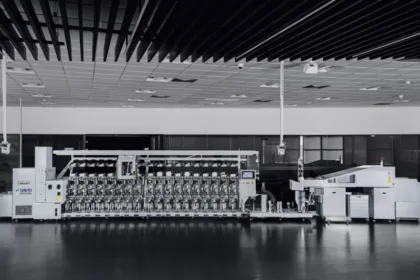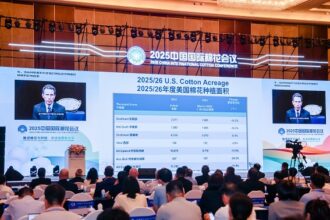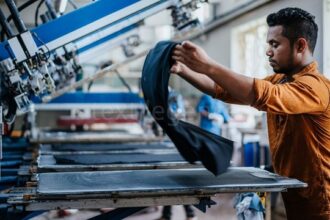In a groundbreaking move to reshape the footwear industry’s material base, sustainability platform Fashion for Good has launched a year-long project to put bio-based footwear soles through rigorous testing. The initiative, called The Next Stride, brings together global giants adidas, Target and Zalando alongside material innovator Algenesis and other technology partners in a twelve-month collaboration designed to evaluate renewable alternatives to fossil-fuel-derived shoe soles.
Rethinking the Foundation of Footwear
Soles are among the most environmentally burdensome components of a shoe, representing a significant share of its weight and carbon footprint. Conventional options such as polyurethane (PU), thermoplastic polyurethane (TPU) and ethylene-vinyl acetate (EVA) are prized for durability and cushioning but are produced from petrochemicals and are difficult to recycle.
These synthetic compounds also contribute to microplastic pollution as they wear down over time. According to industry analyses, a typical pair of synthetic running shoes can generate a carbon footprint of around 14 kilograms of CO₂ during production. This environmental cost has pushed brands and innovators to search for high-performance materials that can reduce dependence on fossil resources while maintaining the comfort and resilience demanded by consumers.
Also Read: U.S. Shoe Importers Face $2 Billion in Extra Tariffs in 2025
Testing Next-Generation Bio-Based Polymers
The Next Stride project will assess a range of bio-based polymers, including promising foams developed by Algenesis and other startups, under conditions that replicate real-world manufacturing and wear. Over the next twelve months, adidas, Target and Zalando will work with Fashion for Good to benchmark these materials against traditional PU, TPU and EVA, evaluating factors such as durability, flexibility, cushioning and environmental performance.
Independent testing facilities will conduct laboratory analyses and life-cycle assessments to measure the true carbon savings and potential end-of-life solutions. By comparing renewable materials directly with established synthetics, the partners aim to identify viable options that meet both sustainability goals and strict product standards.
Also Read: Shoes & Leather – Guangzhou 2025 Delivers Strong International Impact
Towards a Lower-Carbon Footwear Future
This multi-partner effort signals a broader shift in the global footwear supply chain as leading brands seek to meet tightening climate targets and consumer demand for sustainable products. A successful outcome could pave the way for large-scale adoption of bio-based soles, giving manufacturers a clear roadmap for reducing emissions and cutting microplastic pollution. Fashion for Good describes the project as a critical step to “de-risk the widespread adoption of high-performance bio-based alternatives,” underscoring the importance of collaboration between innovators and market leaders.
By targeting the sole — the literal foundation of every shoe — The Next Stride highlights where meaningful change can begin. If the testing proves successful, bio-based soles could soon move from experimental labs into mainstream production, marking a decisive step toward a more sustainable future for the global footwear industry.









